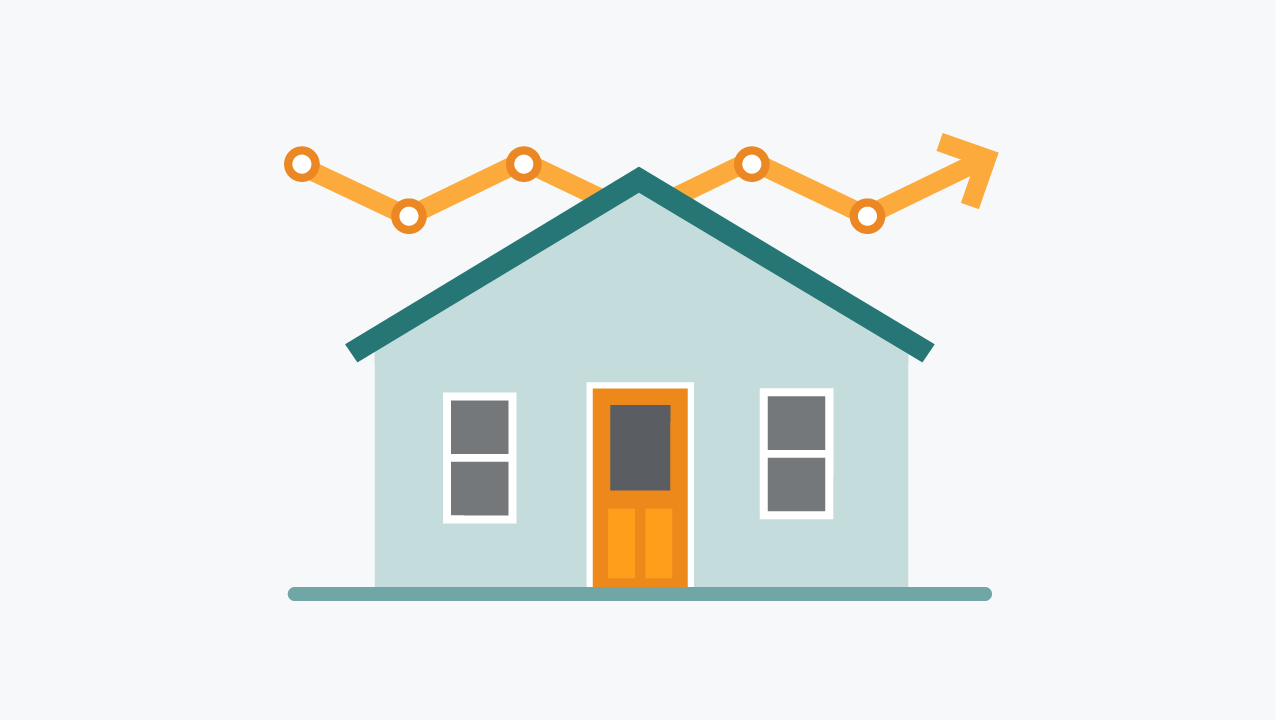Medical Collections on Credit Reports in Native American Communities
Consumers in Native American communities disproportionately experience medical debt in collections on credit reports.
We study how consumers interact with financial products and services to help identify potential problems in the marketplace and achieve better outcomes for all. Review our reports and analyses to help inform your decisions, policies, and practices. And, see reports that we periodically prepare about the CFPB.
This Bureau Data Point article describes 2020 mortgage market activity and trends using data reported under the Home Mortgage Disclosure Act (HMDA).
